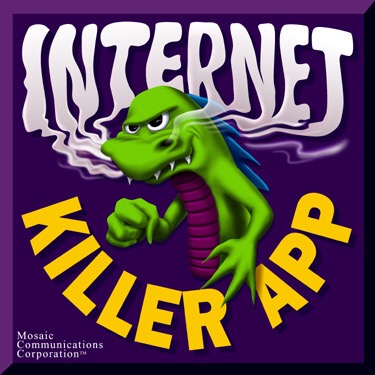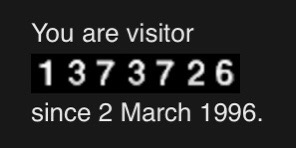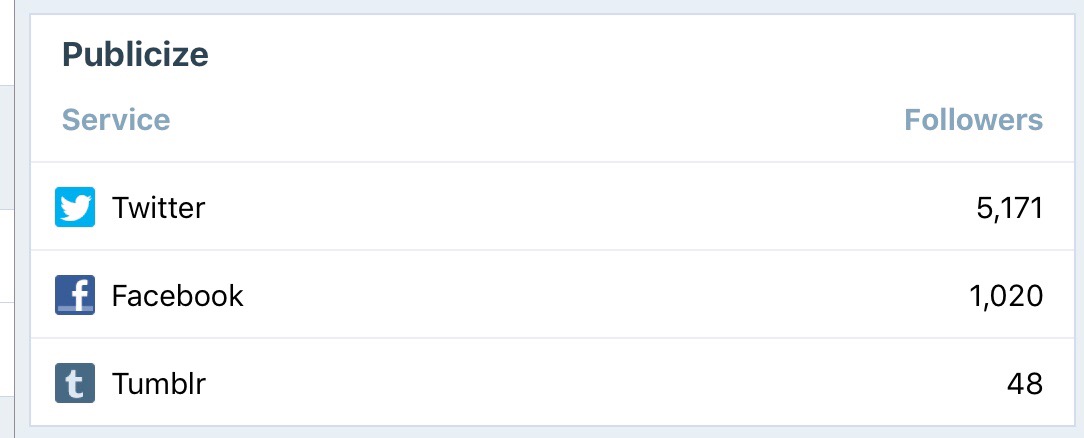Nearly 25 years ago, the Internet was opened to commercial and non-scientific use. It was a transformative and revolutionary development; a new, decentralized medium allowing everyday people to express themselves, publish, interact and explore the world virtually. How far we have fallen into the abyss since then.
The company that built the first graphical Web browser — then called Mosaic but later changed to Netscape — became one of the most valuable corporations in history. It boasted that Netscape Navigator was the “Killer App” of the Internet; software that would “change everything.” (And so valuable they gave it away for free to help finance the fist mega-IPO of the Internet era.)
We are now far, far removed from those heady first years of the Internet era. Not only have digital interactions become routine and fully integrated into the daily lives of a huge proportion of the world’s population, but the innocent, life-affirming qualities that made the Web so exciting in its embryonic days have faded into a sea of spam, fake news, trolling sites, gaslighting, private dark webs and VPNs, and — most sadly of all — the walled, insular gardens of Facebook, Twitter, Instagram and other social media networks.
It didn’t have to be this way. Yet having participated in this digital world since its pioneering days, I am now fully convinced that social media is running the Killer App. Social media has become political media. It is tearing society apart, coarsening civil discourse, undermining the essential communicative purpose of the Internet, and causing serious and growing societal problems: from revenge porn suicides and social isolation to depression, political divisiveness and rapidly increasing “smartphone addiction.”
National Unfriend Day. That did it for me. The coup de grace. I’ve had it with social media, and I think you know why.
There’s been a lot of talk recently about the supposed power of tech companies. They’re not the problem. Apple, Google, Facebook and the like can’t do anything other than seduce us with cool toys. We’re the ones letting 140 or 280 characters and “likes” and “retweets” rule our attention and emotions. The number of times I have been attacked for posting political-related articles in the past year alone is impossible to count. Old friends say things on social media they would never utter IRL or to one’s face, but on social media it is deemed acceptable to call someone racist, misogynist, a “disgusting human being” (that’s literally what I’ve been termed by some of my former leftist “friends”) and even more toxic labels based on a 10-second reaction to a single, out-of-context sentence.
In the South they call that “hateful,” but on Twitter and Facebook it is encouraged by the echo-chamber of like-minded #socmedia friends whose intertwined feeds are selected by faceless, AI-powered algorithms displaying only content that reinforces and enables preexisting world views. Social media is a “toxic mirror.” We have become a nation divided by social media. On Twitter and Facebook, today, everyone is a Donald Trump!

This is the precise opposite of the Internet’s original promise and function. And it’s changing relations among people quicker than our culture and families can adapt. How many times have you been in a restaurant and seen everyone swiping on their smartphones instead of interacting? How many presentations have you given where the audience is staring at its hands instead of the speaker? How many children and Millennials only know the time by looking at their phone and don’t even understand what a doorbell is anymore? How many times have you — like me, as well — obsessively checked your social media feeds to see whether someone has accepted a friend request, whether your follower count has gone up or down, or whether @jaketapper “liked” your tweet? Who among us has not suffered from social media-fueled anxiety, where from everyone else’s posted images it seems like all your friends lead idyllic lives in perfectly happy families?
The Internet is rewiring brains and social relations. Could it be producing a civilization nervous breakdown?
— wretchardthecat (@wretchardthecat) November 17, 2017
How many marriages, engagements and relationships are being ruined by social media? The “average” person now checks their phone 28 times a day. That’s at least once an hour…and more than 10,000 times a year. It’s alarming, to say the least. The generation of young people born after 1995 is far more likely to experience mental health issues than its predecessors. So many more teens, in such a short period of time, feel depressed, attempt suicide and commit suicide — because of the sudden ascendance of the smartphone. Social media and smartphone addiction may well be designated as a mental health disorder.
We’ve gone from an era when ideas spread comparatively slowly, to one in which social media allows them to spread “virally” like wildfire. And the combination of social media friends who reinforce existing prejudices and exaggerate differences among people and social groups is creating a new undercurrent of indoctrination. When all one’s “friends” believe the same thing, people are endowed with total conviction in their rectitude and moral superiority. On social media, we are all Islamic terrorists, combining “appalling ignorance” with “absolute conviction.”
A young man — so perpetually glum that he had been nicknamed “Smiley” — was one of the true believers, someone who in Limbert’s eyes embodied Iran’s “New Man,” appalling ignorance combined with absolute conviction.
Excerpt from Bowden, Mark, “Guests of the Ayatollah” (Grove Press 2006).
That’s a description of one of the Iranian “student” hostage takers in 1978. It fits the majority of folks interacting on social media today. The Twitter-fueled “Green Revolution” of 2009 is, like, so yesterday. The culture of social media is divisive, not inclusive; elitist and intolerant, not democratic; partisan, polarized and contumacious, not uplifting and universal. Social media today is fundamentally anti-social at its core.
Now I’m hardly a fragile, progressive snowflake or jealous. I was one of the first 1,000 LinkedIn members and joined Twitter in the summer of 2007, way before most of you had even heard of a “tweet.” And I’ve put up some pretty impressive numbers in my nearly 12 years on social media, 15 years blogging and 23 since hand-coding one of the first 5,000 “home pages” on the Web. (Of course, hardly anyone has, or even remembers, home pages, and the vast majority of social media users think a Tumblr feed is a blog!) All organic. Never bought a follower. So don’t blame this rant on sour grapes.
Will a future generation look back 10, 20, or maybe 100 years from now and wonder, mystifyingly, why a generation of humans believed in these social media platforms despite mounting evidence that they were tearing the culture apart — being used as terrorist recruitment tools, facilitating bullying, driving up anxiety and undermining our elections? I don’t know, but definitely agree with a recent Vanity Fair contributor that “the end of the social media era can’t come soon enough.” Some have begun to ponder how much time on social media is “too much.” For me, it is now any time.
Eric Schmidt of Google is often credited with saying that “the Internet is the first thing that humanity has built that humanity doesn’t understand, the largest experiment in anarchy that we have ever had.” Well, for this Internet pioneer, that anarchy has produced today’s Frankenstein monster of social media. I am through with it.




One thought on “When Social Media Became Political Media (And Ruined the Killer App)”
Comments are closed.